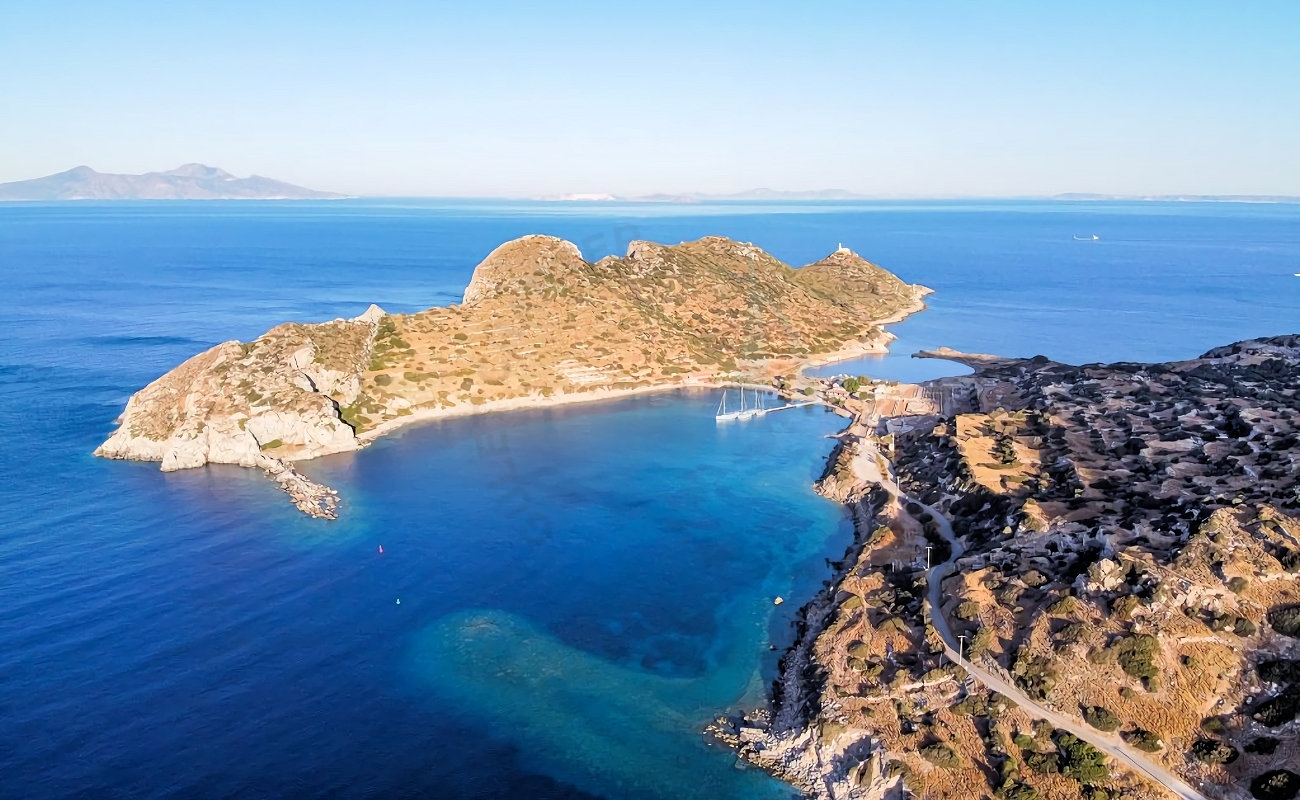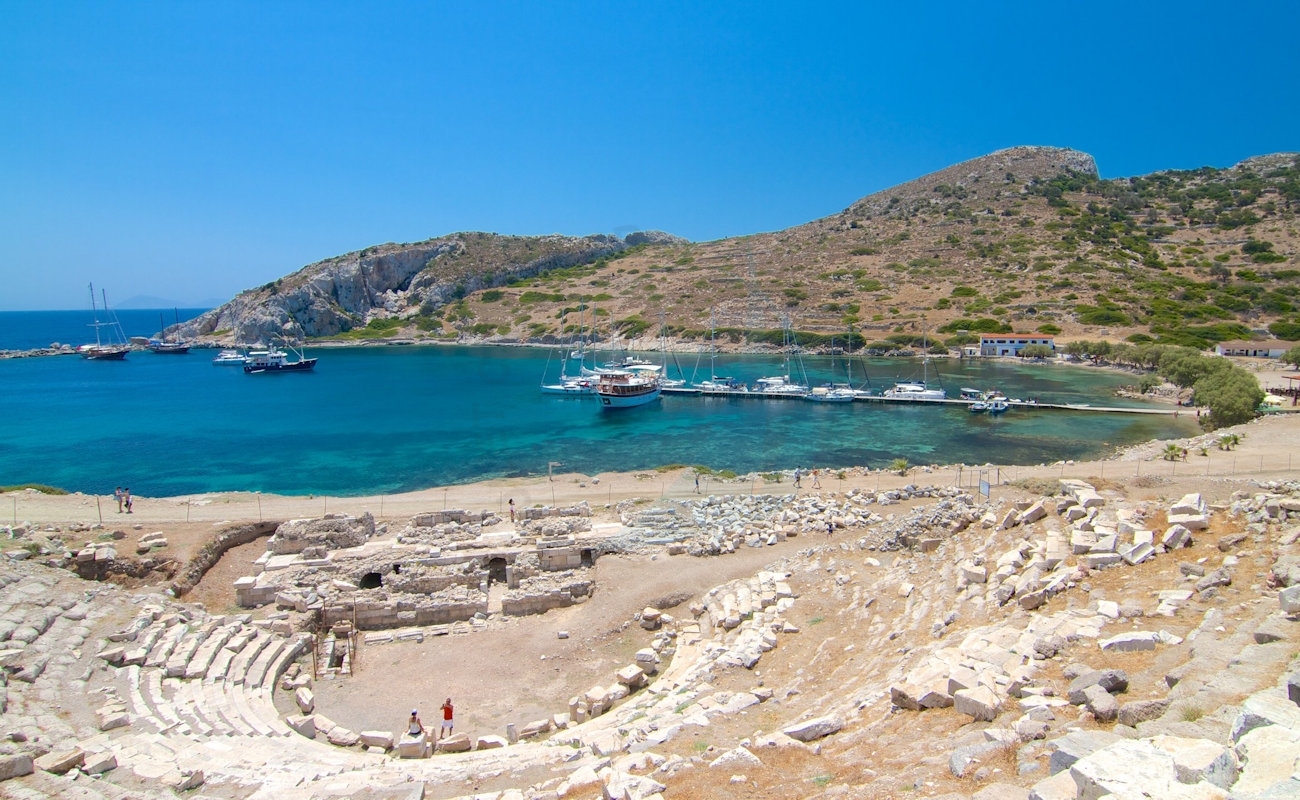
Knidos
Knidos, also known as Cnidus in ancient Greek, is an ancient archaeological site located on the Datca Peninsula in southwestern Turkey. It is renowned for its historical significance, stunning coastal location, and well-preserved ruins.
Knidos Historical Significance
Knidos was an ancient Greek city that dates back to the 4th century BC. It was founded by the Dorians and became an important center for trade, culture, and art in the ancient world. The city was known for its medical school, which was founded by the ancient Greek physician Eudoxus.
Knidos Location
Knidos is strategically located at the tip of the Datca Peninsula, where the Aegean Sea meets the Mediterranean Sea. This location made it a prominent trading port and a vital stop for ships traveling between the two seas.
Knidos Ruins and Landmarks
The archaeological site of Knidos features a variety of well-preserved ruins, including:
- The Temple of Aphrodite: This temple was one of the most famous features of Knidos and housed a statue of Aphrodite sculpted by Praxiteles, a renowned ancient Greek sculptor.
- The Circular Acropolis: Knidos had a unique circular acropolis, which was a fortified area on a hill overlooking the city.
- The Odeon (Theater): Knidos had a small theater that could accommodate about 1,500 spectators.
- The Agora: The ancient marketplace of Knidos, where trade and commerce took place.
The Statue of the Naked Aphrodite
One of the most famous artifacts discovered at Knidos is the statue of Aphrodite of Knidos, sculpted by Praxiteles. It is renowned for its lifelike representation of Aphrodite, and it is believed to be one of the first full-scale female nudes in Greek sculpture.
Knidos Maritime History
Knidos was strategically important in maritime history due to its location. The city had two harbors, and it played a role in the economic and naval activities of the ancient world.
Decline and Abandonment
Over time, Knidos declined in importance, partly due to changes in trade routes. The city was eventually abandoned, and its ruins lay hidden for centuries.
Modern Visitation
Today, Knidos is a popular tourist attraction and archaeological site. Visitors can explore the ruins, admire the ancient architecture, and enjoy the scenic beauty of the Datca Peninsula.
Accessibility
Knidos is accessible by road from the town of Datca, and it makes for a popular day trip destination for tourists in the region.
The ancient city of Knidos is a fascinating historical site that offers a glimpse into the rich history of the region, its ancient Greek heritage, and its significance in antiquity. The combination of historical ruins and stunning coastal views makes it a must-visit destination for history enthusiasts and travelers exploring southwestern Turkey.

